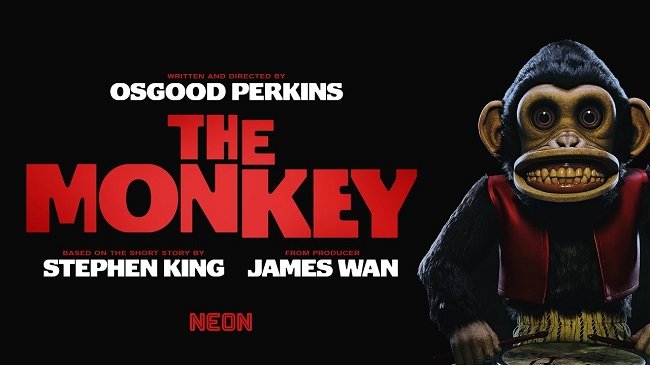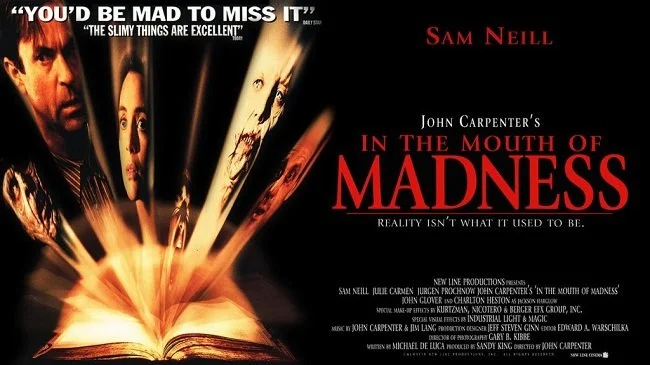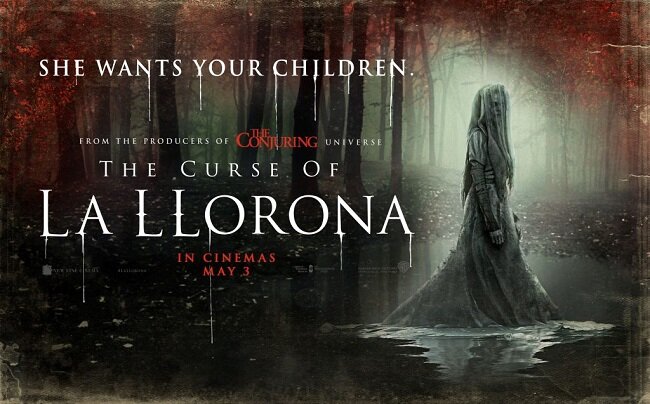Dream House (2011)
Despite being derivative of several other well-known notable genre films, Dream House has several positive attributes. With its strong cast and capable director, the movies offers a well-made and tense tale with solid production values. But like so many contemporary psychological thrillers and baroque stories with a twist, your overall enjoyment depends on how familiar you are with the genre. The biggest problem I encountered while watching Dream House was my own over familiarity with films of this kind. Hence, I saw the first major plot twist coming a mile off and subsequently accurately predicted the film’s outcome. Because of this it does make it somewhat difficult for me to be as objective as I should about Dream House. However, that is not to say that the movies multi-faceted plot won’t be a source of surprise to the more casual viewer.
Will Atenton (Daniel Craig) quit his job as a publisher to spend more time with his wife Libby (Rachel Weisz), their two daughters (Taylor and Claire Geare) and start writing a novel. They move into a large new house, which unbeknown to them was the scene of a mass murder several years prior, in which a father allegedly murdered his entire family. Will subsequently learns that this man, Peter Ward, spent five years in a psychiatric hospital and has recently been released back into the community. Their neighbour, Ann Patterson (Naomi Watts), knows something about Peter Ward, but seems very reticent to discuss the matter with them. Wills daughters soon start seeing a stranger hanging around outside in the street and staring at their house. It’s not long before events take a sinister turn.
Director Jim Sheridan deliberately takes his time with the story telling, in an attempt to build tension and allow the audience to connect with the central characters. However, despite being an accomplished director of human dramas, he is burdened with a particular workman like script by David Loucka, which lacks any major polish. Still he manages to avoid a great many of the genre clichés that are rife in this type of movie and the production design, cinematography and general ambience are extremely competent. Dream House is therefore a very functional cinematic experience but not an especially atmospheric one. The strong cast (Elias Koteas, Marton Csokas) try their best to fill the narratives gaps but overall the premise and payoff are somewhat lacking in punch. The film does not push the boundaries of its PG-13/12 rating. There are some jolting moments and brief images of gunshot wounds. Prior to release the movies was re-edited from a “R” to a lower rating.
Dream House is very much a film of three very acts and sadly they don’t quite hang together as well as they could. The ending doesn’t quite provide the dramatic payoff that some may expect. There are also some logical plot holes that are best not pondered on too long. Once again these can all be attributed to the bland screenplay. Yet despite all these issues, the talented cast and professional production manage to keep the film afloat. So again, I return to my point that your familiarity with the genre will pretty much determine how much you’ll enjoy Dream House overall. For viewers who are not particularly well versed with similar films from the past thirty years years, the premise and twist ending of Dream House, and may prove adequate and sufficiently entertaining. For those who have more than a passing interest in the genre, there are shades of The Twilight Zone, and The Man Who Haunted Himself to be found.




























